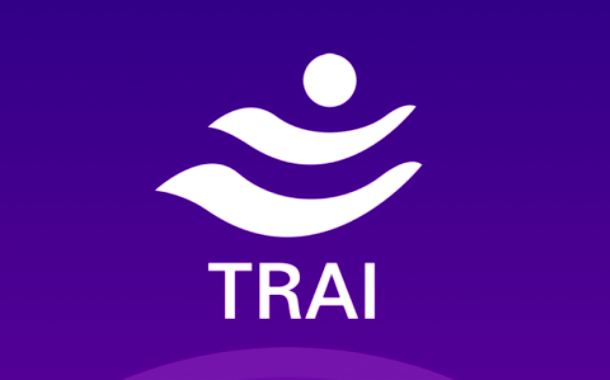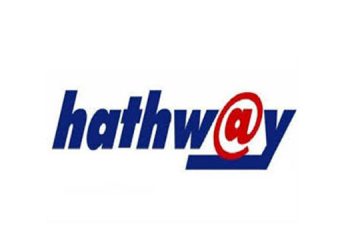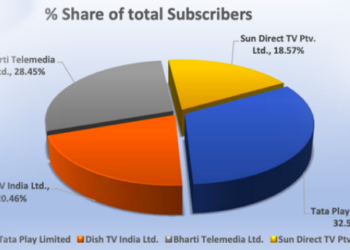New Delhi: The Supreme Court on Monday permitted the Telecom Regulatory Authority of India (TRAI) to go ahead with draft tariff order and interconnect regulations to fix television prices for Indian television industry.
A bench led by Justice PC Gosh modified the Madras HC’s status quo order of 23rd December that essentially froze the TRAI’s powers to fix television prices. However, it said the final regulations/tariff orders shall be submitted to the apex court.
Arguing that the impugned order is “clearly erroneous, contrary to law and not in the public interest”, Attorney General Mukul Rohtagi said the mere continuation of a consultation process, which only indicates the adherence to the principles of transparency and openness and enables stakeholders to express their views, does not entitle any person to stall TRAI from undertaking a process of consultation.
However, senior counsel P Chidambaram, appearing for Star India contended that TRAI overstretched its jurisdiction by fixing content prices under the TRAI Act 1997 and the regulator was being too harsh against content creators in the name of creating a level-playing field.
Star India further argued that the tariff fixing exercise was a violation of the Copyright Act, which deals with all aspects of exploitation and monetisation of content.
In October 2016, the TRAI had issued a consultation paper on a draft tariff order which allegedly suggested radical changes that would have impacted business and distribution revenue of all channels in a consultation paper.
The draft tariff order and regulations had followed an extensive consultation process involving all stakeholders. According to the draft order, a total of 100 standard definition channels (one high definition channel is equal to two standard definition channels) will be offered to subscribers at Rs 130/- (excluding taxes) per month, including channels notified by the central government to be mandatorily provided to subscribers.
Beyond that, the channels will be made available in slabs of 25 each and an amount of Rs 20 (excluding taxes) will be charged per slab.
Broadcasters and broadcasting associations expressed concern over TRAI’s tariff order which suggested them to adopt a distribution model for TV channels in which broadcasters fix the maximum retail price (MRP) within the price cap set by TRAI for selling à la carte pay channels directly to the subscribers.
















